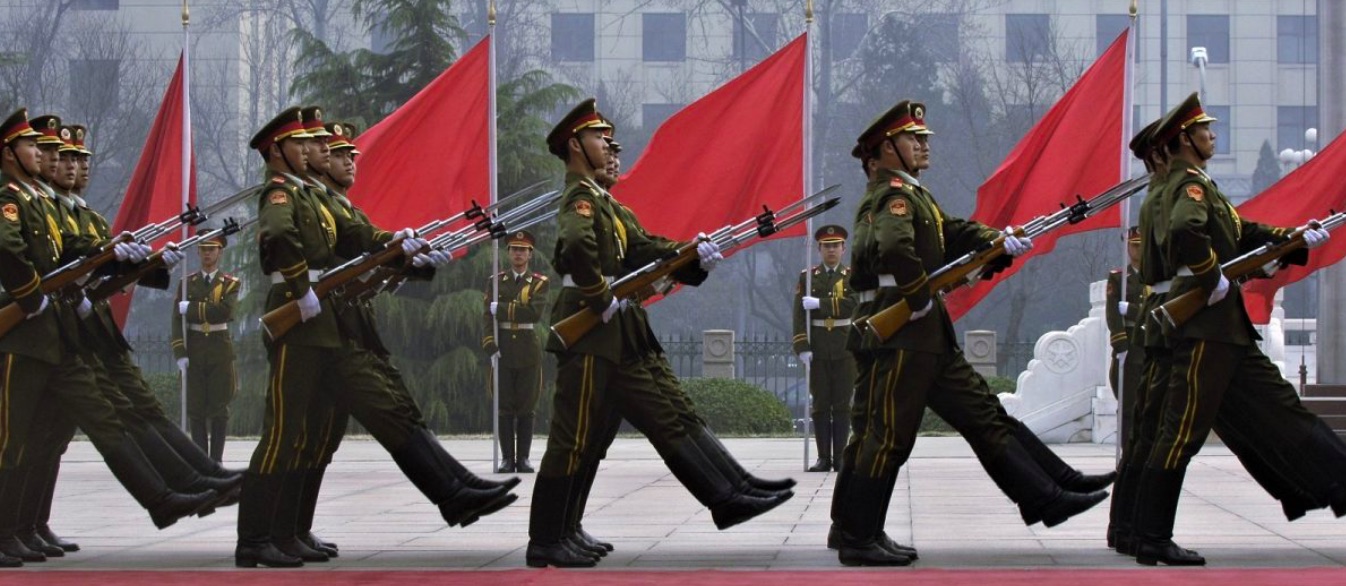Fears of a Red Army planet

Despite cautious but widespread optimism about a successful conclusion to the U.S.-China trade talks, deep tensions in the relationship persist. Two news stories illuminate — and will add to — worries in Washington about China, and fears in Beijing that America wants to stymie its rise:
- “How China is replacing America as Asia’s military titan”
In the first of a series of reports on China under Xí Jìnpíng 习近平, David Lague and Benjamin Kang Lim of Reuters write that Xi “has refashioned the People’s Liberation Army into a force that’s rapidly closing the gap on U.S. firepower — and in some vital areas has surpassed it.” Their conclusion: “American victory over China in a regional war is no longer assured.”
- China exploiting U.S. satellites “to strengthen police and military power”
The Wall Street Journal’s Brian Spegele and Kate O’Keeffe write (paywall) that Beijing is using commercial access to American satellites for a variety of military and security applications, despite U.S. law, and “aided indirectly by private-equity giant Carlyle Group and Boeing Co.”
Other stories on the tense bilateral relationship in the news today include:
- Visa wars
US and China urged to stop ‘race to bottom’ in blocking academic visas / SCMP
Scholar Jim Millward: “It is the height of folly to demonize scholars in the way the FBI seems to be doing… Here’s the bottom line: you can’t combat threats to academe by posing more threats to academe.”
Opinion | When China and the US wage a visa war against each other’s scholars, nobody wins / SCMP
Scholar David Shambaugh writes about the rich history of the two countries denying visas to each other, and refers to the “recently escalating and reciprocal visa war” as “a new stage in the systematically deteriorating relationship.” He calls for both governments to “depoliticize scholarly visas.” - Market access and foreign investment in China
MIIT hints at loosening restrictions on foreign tech firms for cloud services / TechNode
“With the new MIIT approval, foreign firms are expected to be able to set up joint ventures with local partners and conduct cloud-computing businesses. It gives foreign firms better access to China’s fast-growing cloud-computing market, but is still far from a free market.”
New China foreign investment law: Not good news / China Law Blog
The impression [many] commentators are giving is that China’s new Foreign Investment Law (FIL) will raise up foreign companies to become equal to Chinese companies…This is just not correct…The intent and the reality of the FIL is to pull down foreign investors to the status of privately owned Chinese companies. At that level, foreign invested companies will be firmly under CCP control and they will operate at a permanent economic disadvantage to PRC state owned enterprises.






